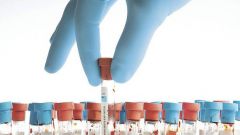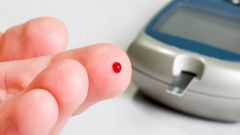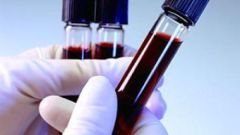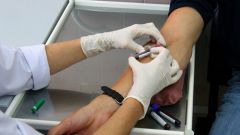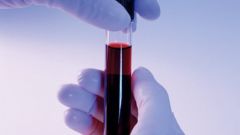Training of doctors-endocrinologists
In Europe, the future doctors-endocrinologists are trained for four years in medical school, and the next three or four years studying in internship and residency. These programs cover the study of internal diseases, Pediatrics, obstetrics and gynecology. Only then can the future doctors two years to devote to the diagnosis and treatment of hormonal disorders. Formation of endocrinologist are the knowledge of the physiology and functioning of the endocrine system, including hormone action and biochemistry. After completing all these steps you can begin to gain a broad practical experience and management of diseases related to endocrine system diseases.
Diabetes
So called the most common disease with which, in practice, have to see endocrinologist. Most often, diabetes occurs because of the shortage of production the pancreas of the hormone insulin that leads to increased blood sugar level and damage to various organs. For a full treatment of diabetes endocrinologists appointed special diets and medications, reducing sugar, including insulin. In this case, doctors must work with patients in close contact with the aim of optimizing the level of blood sugar.
The thyroid problem
Some dysfunction of the organism, for example, hypothyroidism or low production of thyroid hormones, can diagnose only endocrinologist. Doctors-endocrinologists prescribed for patients with special treatment to achieve hormonal balance by blocking or replacement thyroid hormones. But a disorder may have another cause, (e.g., infertility) that require treatment, in collaboration with the relevant medical specialist.
Other disorders
Doctors-endocrinologists in their work, may encounter the following relevant diseases:
• insufficient or excessive production of hormones;
• the imbalance of hormones caused by menopause;
• metabolic disorders;
• infertility;
• neoplasms of the endocrine glands;
• excessive or low growth;
• early puberty;
• osteoporosis and lack of vitamin D;
• diseases of the endocrine system in children;
• high blood pressure associated with endocrine disorders;
• lipid disorders;


